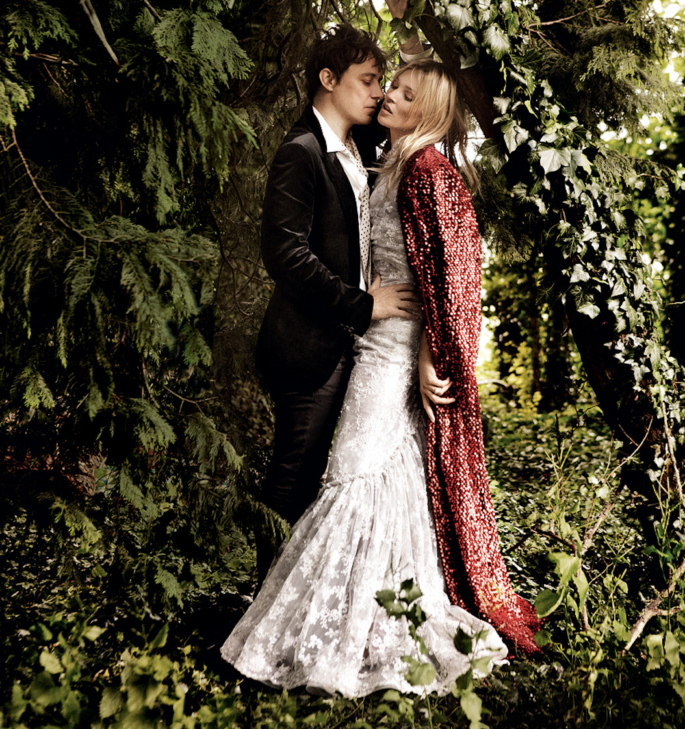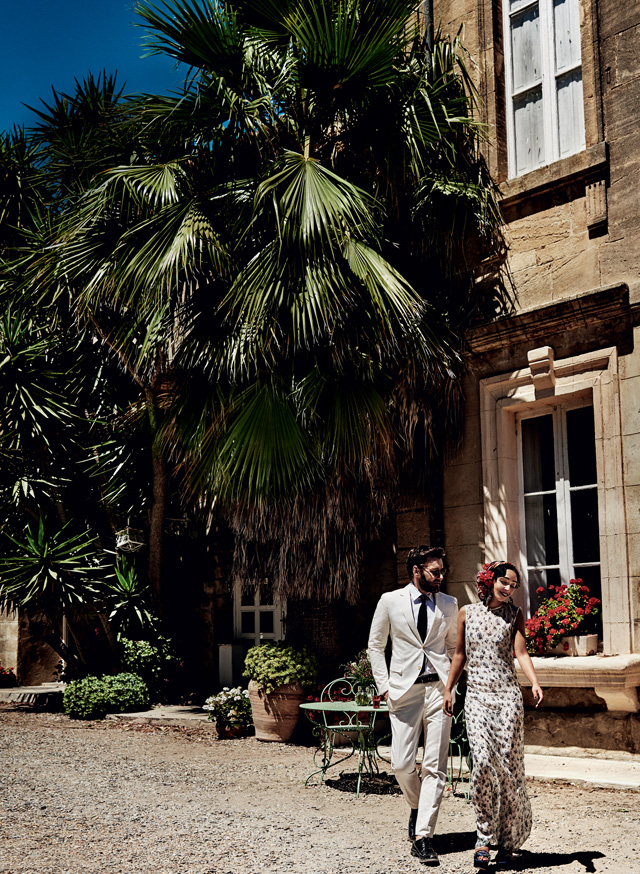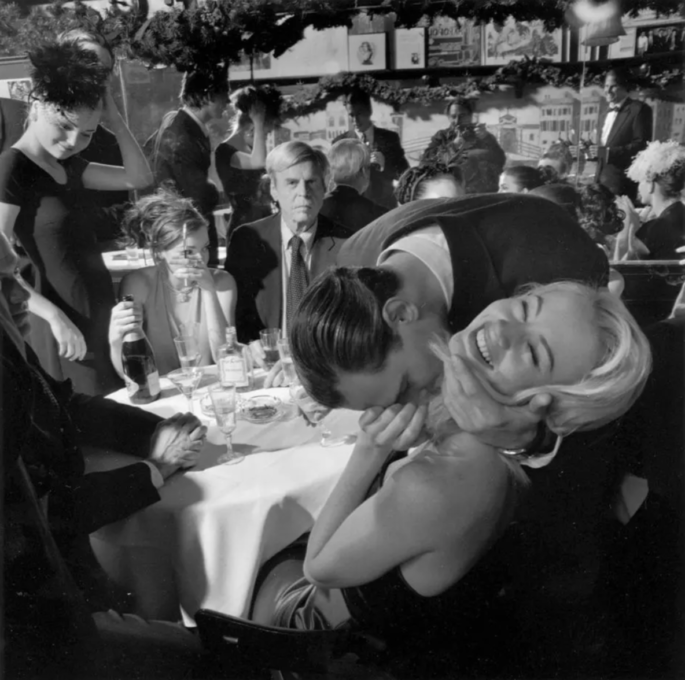There’s more anxiety around when to say “I love you” and what it means than ever before. When is the appropriate time to say “I love you”? There are no guidelines on when to pull the trigger but a quick google search confirms that a relationship within the socially acceptable range of three to six months seems right says an article in the Wall Street Journal this week.
We’ve spoken to people who said it on a first date (don’t worry they’re happily married!); within the first week or second month; almost a year. Several people told me they’ve felt embarrassed or behind to be saying it for the first time in their late 20s or early 30s.
In the past decade, the anxiety over when to say: “I love you” has been amped up by dating apps and sites, which make it increasingly easy to connect and disconnect.
With more options, it’s so much harder to find a match that lasts. Promising connections fizzle and disappear, often without warning or explanation. It can take couples three to six to nine months to decide to be exclusive, let alone feel ready to say “I love you”. Saying those three little words to a significant other has become a bigger deal than ever before.
It’s not that daters aren’t vocal about what they mean to one another in words, actions – and, unfortunately, inaction. Rather, it’s that the expectations and assumptions surrounding this phrase have become so overblown. Though conversations with numerous daters and experts, it’s clear that many of us would benefit from turning down the pressure – and conveying what we feel when we feel it.
“I love you” gets said between family members and among friends but the romantic “I love you” is the most fraught. Men and women are scared to take that step and be that vulnerable, says Jess McCann, a dating coach in Washington.
For daters in their later 20s and 30s, she adds “I love you” often means, “We’re getting married.” There’s a sense of: “I need to be sure because this could mean forever.”
Not being in sync with your partner doesn’t necessarily kill a relationship. “Even when people hear nothing back, most people don’t pack their bags and move on, says McCann. She’s seen people stick in a relationship for six months to a year, waiting for the words to be returned.
Generally, women are waiting for men to say it first, dating experts say, because men are still the ones driving most heterosexual relationships forward. But that convention is slowly changing. McCann notes that many of her female clients consider saying “I love you” first in part because they want an answer to the question: Do you love me? They just have no idea where the guy stands,” she adds.
When you say I love you first it can be scary. Someone might say “You fall in love too quickly” dismissively and go to sleep, which is hurtful. You press them later. And they are willing to admit, they are in love with you, but it’s more of an admission than a proclamation.
Sometimes these overtures are left unreturned not because two people’s feelings are grossly mismatched but because they express them in different ways. The Five Love Languages were detailed back in the 1990s, and have since become a cult phenomenon. Some show they care through words of affirmation, while others like quality time, others are gift giving, acts of service and physical touch. It just takes time to adjust. How you say I love you does affect what it means. Pause, to give the phrase more space and heft. But painstaking ‘I love you” calibrations can just end up feeling cruel.
How did I love you become such a big deal? We have such high expectations of our romantic partners. We’ve been judging human beings by divine stands…which are completely unrealistic. And there are other cultural factors at play. Hollywood gives us specific rules about what it looks and sounds like. Men are supposed to say it first. Saying it too soon, or not hearing it back can doom a relationship. Remember on “That ‘70s Show,” Donna says: “I love you, Eric,” “I love….cake”…the pairing didn’t last…
I love you shouldn’t have to mean: We’re getting married. It can simply mean I will sit at the doctor’s with you and wait for your prescription because I know you’d do the same for me.






